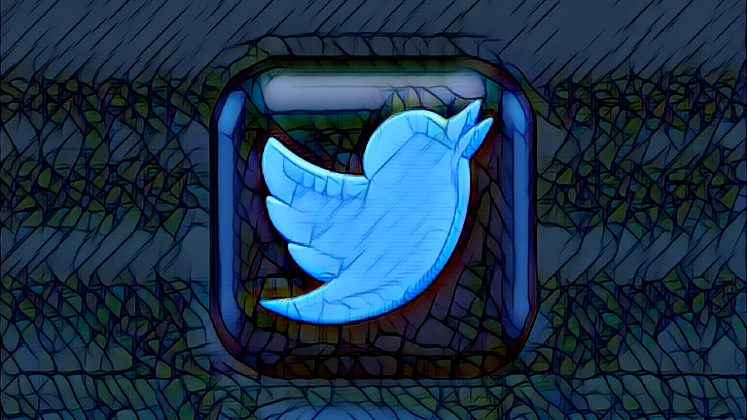Is social media in a period of change? David Beer considers whether trends towards repetition and uniformity are prefiguring a new standard for the way in which social media intersects with academic life.
Might we be moving into a different period for social media? A period defined by a growing sense of disenchantment. A slipping enthusiasm. We may already be there. Given the push for academics to be visible and to use social media as a means for increasing the visibility of their work, what might this new phase mean for academic communications?
Let me speculate. I’m thinking that this will not so much become a time of a collapse, but a subtle shift in social media’s presence within social life. A sort of downgrading. I’m imagining a period of mounting routinisation and boredom, in which social media remains established but is approached with much less energy and interest. We could think of this in terms of a type of social media ennui or fatigue.
By becoming so established within routines, social media has itself become routine. This is a side product of it being laced through social interaction. It’s everywhere, familiar, a constant presence. This also means it is nothing new, nothing unusual, nothing unexpected. It no longer retains its novelty, it has become ordinary.
By becoming so established within routines, social media has itself become routine.
Might social media also be proving to be something of a let-down? The promises for connection and community were vast. Yet, who still thinks social media have, or will, create the democratisation upon which their decentered form was promoted? The current experience is uncomfortably different to the projected visions of connectivity. A fact attested by the obvious differences in visibility that have long been experienced by almost everyone active in these spaces.
And then there is the repetition. With constant content churn, can it keep surprising? Instead it is much more likely to feel formulaic, to be evermore trapped in its own well-trodden formats. So, the content is likely to lose its ability to draw attention too. Perhaps there will be a feeling of having seen it all before. The repetition will limit the cut-through, posts will be lost. Though it is possible that creativity will take over and new formats, platforms and styles of content might emerge in response to this seeming staleness.
The numbers of users might stay the same or may even grow, and social media could well retain its influence and power, but that doesn’t equate to enthusiasm and interest.
All this is without getting into crucial issues around governance, ownership, regulation, moderation and geopolitics. All of which will be important in shaping social media’s future. That is if the single banner of social media itself remains useful for gathering these media forms together – new terms may also emerge.
The numbers of users might stay the same or may even grow, and social media could well retain its influence and power, but that doesn’t equate to enthusiasm and interest. Of course, in some ways the routinisation of social media, in which it is thought about less, could lend it more power.
Social media ennui, if that is what we can call it, might mean that social media is no longer the space for academic intervention that it once promised to be.
This is only a brief and speculative note. I suspect that it has been observed in more detail already elsewhere, perhaps even on social media. But, it is palpable. At this juncture it’s hard to imagine social media remaining in a steady-state for the next decade. There is likely to be some change. The platforms may remain whilst attitudes and approaches to them could still alter, as too might the enthusiasm with which they are operated. This could be embodied in a distracted swipe, a rapid any emoji reply or a resigned post that comes with no expectation of much beyond the usual lacklustre engagement.
All of this might well mean that its effectiveness for sharing and making visible our work and our research will diminish. The return on our input will be undermined by the lack of enthusiasm for all that content. Social media ennui, if that is what we can call it, might mean that social media is no longer the space for academic intervention that it once promised to be. If we approach social media as if it still offers such promises for academic labour, then we are likely to be frustrated in our efforts.
The content generated on this blog is for information purposes only. This Article gives the views and opinions of the authors and does not reflect the views and opinions of the Impact of Social Science blog (the blog), nor of the London School of Economics and Political Science. Please review our comments policy if you have any concerns on posting a comment below.
Image Credit: Ennui, Robert Seymour, via The Met (Public Domain).







